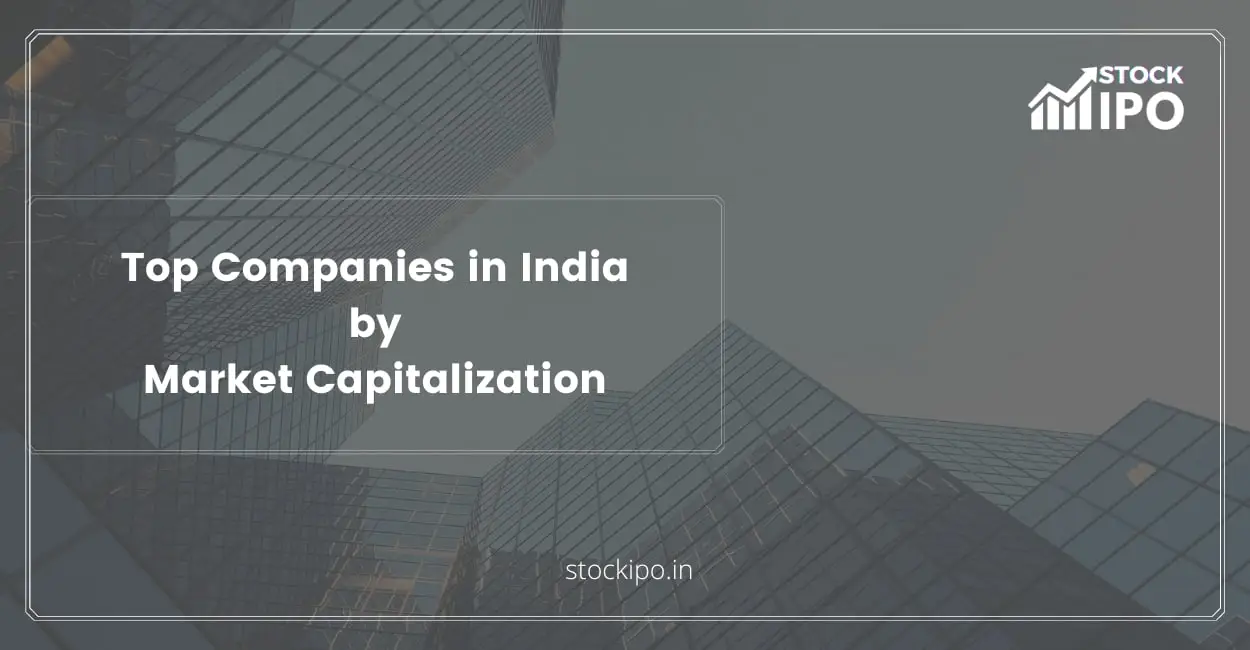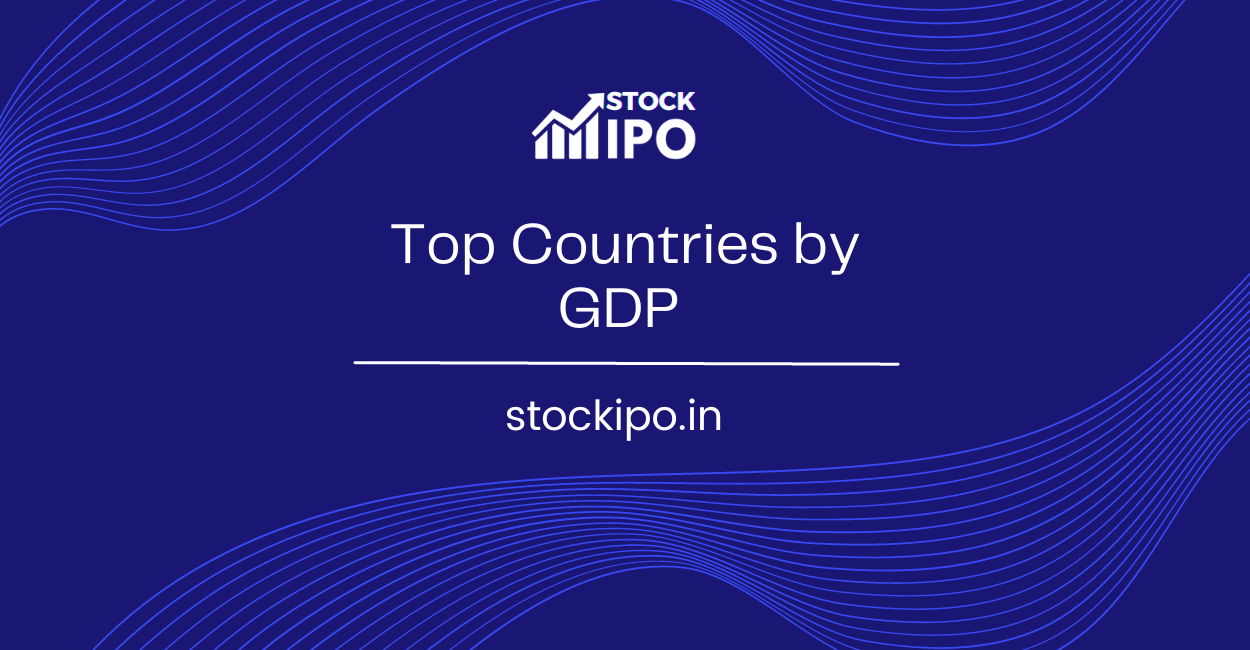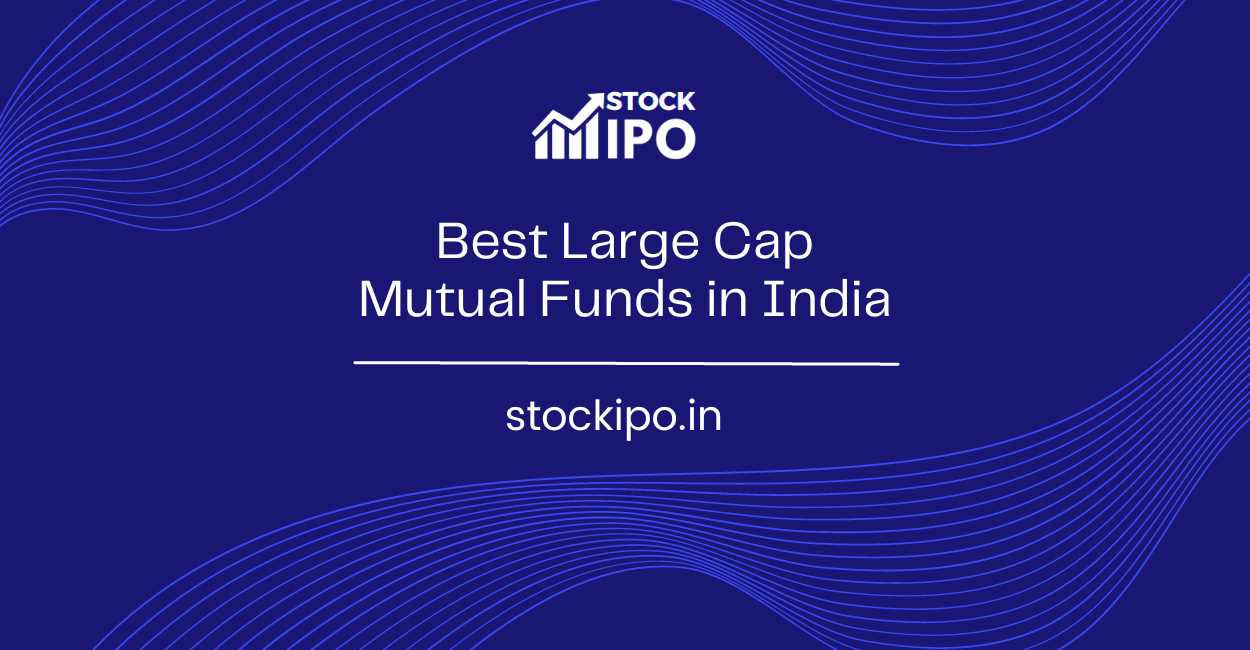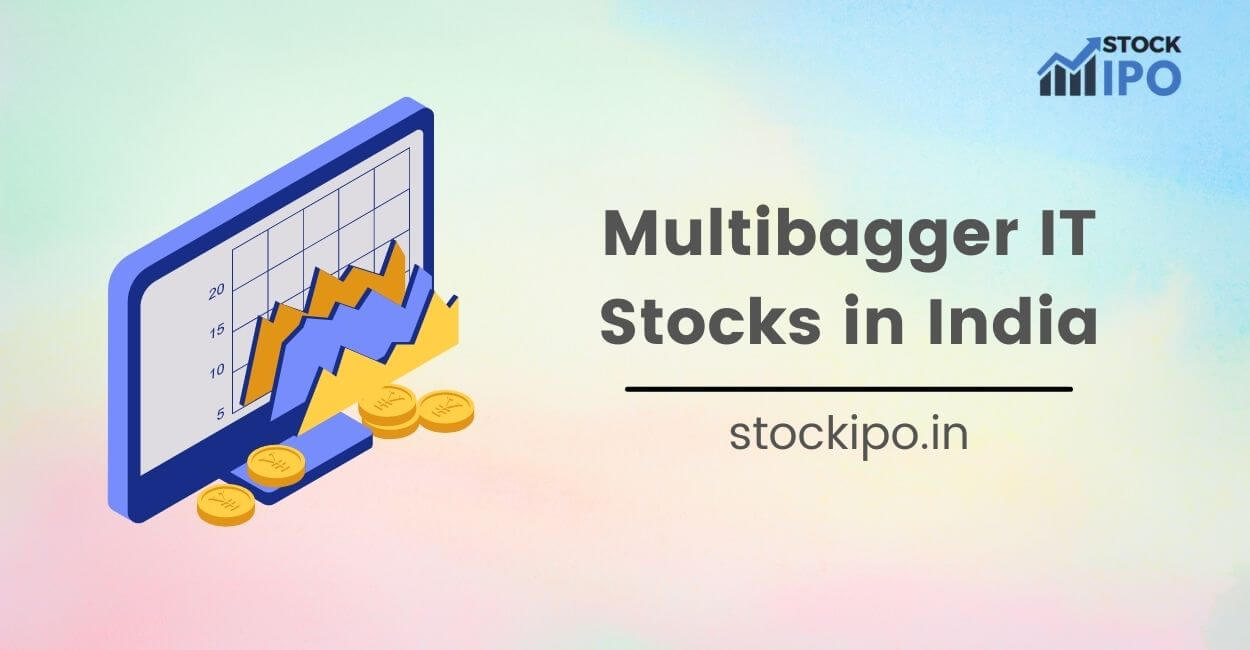India is the sixth-largest economy in the world in terms of nominal Gross Domestic Product (GDP), which is valued at US$ 3.04 trillion and is expected to increase at a pace of 9.5 percent in the following year, according to statistics from 2021 released by the International Monetary Fund (IMF). This is supplementary to the different Indian businesses that have been operating both domestically and internationally.
Every business operating in India puts a lot of effort into improving the quality of their goods and services and the customer pleasure they provide. A company is often rated based on various factors, including assets, revenue, earnings, sales, market value, share price, etc.
But one of the most important things to consider when discussing a company’s size is its market capitalization. According to their most recent market value, the top 10 Indian firms will be covered in this article.
How does market capitalization work?
Market capitalization, often known as market cap, describes a company’s current share price and the total number of outstanding shares about its market worth. It is one of the essential qualities of a firm and aids potential investors in recognizing the dangers of purchasing the company’s stock.
How Is Market Cap Calculated?
The market capitalization of a corporation can be determined by dividing the number of outstanding shares by the stock’s current value. For instance, a company’s market capitalization is INR 100 million if it issues 1,000,000 shares at INR 100 each (1 million shares multiplied by INR 100).
Enterprises can be categorized as large-cap, mid-cap, or small-cap companies depending on their market capitalization. More information on these is provided below.
Large Cap – Large cap enterprises typically have a sizable market share and are respected, stable, and well-established. They have market capitalizations of at least INR 10,000 crore. The risk involved with investing in the stocks of large-cap firms is relatively low due to the low volatility compared to mid-cap and small-cap equities. This drawback is that these stocks’ growth potential is similarly modest.
Mid Cap: Market capitalizations for mid-cap corporations range from 2,000 to 10,000 billion rupees. Due to the higher volatility of their equities, these businesses have a more significant risk than large-cap corporations, but they typically have tremendous growth potential.
Small Cap – Compared to large-cap and mid-cap enterprises, small-cap companies operate on a smaller scale. Consequently, they have a smaller market cap (less than INR 2,000 crore). These companies’ stocks have significant growth potential and very high volatility. They are, therefore, frequently the riskiest choices for investors.
Top 10 Companies in India by Market Capitalization
Here is the list of the top 10 companies in India by market capitalization:
1. Reliance Industries
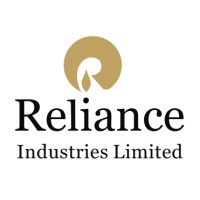
Mukesh Ambani now serves as the CEO of Reliance Industries Limited (RIL), an Indian multinational corporation with its headquarters in Mumbai. Dhirubhai Ambani and Champaklal Damani co-founded Reliance Commercial Corporation in the 1960s.
In India, Reliance owns energy, petrochemicals, textiles, natural resources, retail, and telecommunications companies. One of the most successful businesses in India is Reliance. RIL has a market capitalization of Rs. 1,780,945 Crores, and its current share price is Rs. 2,716.
2. Tata Consultancy Services (TCS)

With its headquarters in Mumbai, Maharashtra, India, Tata Consultancy Services Limited (TCS) is a global Indian information technology (IT) service and consulting firm. It works in 149 sites throughout 46 countries as a division of the Tata Group.
TCS is the largest IT firm in India and the second-largest corporation in India overall based on market value. Currently, TCS is among the most valuable IT services brands globally. TCS has a market capitalization of Rs. 1,22,816 Crores, and its share price is now Rs. 3,409.00.
3. HDFC Bank
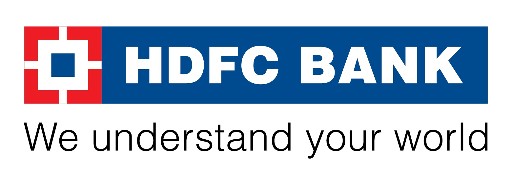
With its registered headquarters in Mumbai, India, HDFC Bank was an Indian banking and financial services firm founded in 1994. Manmohan Singh, the Union Finance Minister at the time, officially opened the company’s first corporate headquarters at Sandoz House in Worli. It is India’s biggest private bank.
It has 5,130 branches spread throughout 2,764 cities and a base of 1,16,971 permanent workers as of March 2020. It is India’s biggest private sector lender by assets and market value. With a current price of Rs. 1,383.00, it has a market capitalization of Rs. 775,226 Crores.
4. Infosys

Infosys Limited is an Indian multinational organization established in 1981 and offers business consulting, information technology, and outsourcing services.
Its corporate headquarters in Bangalore, Karnataka, India, is the second-largest Indian IT business after Tata Consultancy Services. Infosys has a market capitalization of Rs. 6,22,239 Crores, and its current price is Rs. 1,498.
5. Hindustan Unilever (HUL)

In 1933, Hindustan Unilever Limited (HUL) was founded. It is a manufacturing firm with its headquarters in Mumbai, India, British and Dutch. Among its offerings are products, drinks, household cleaners, cosmetics, water purifiers, and consumer items.
Hindustan Unilever has a market capitalization of Rs. 542,450.47 Crores, and its share price is now Rs. 2,278.05.
6. India’s Life Insurance Corporation (LIC)

The Life Insurance Corporation of India (LIC) is a statutory investment and insurance company with its main office in Mumbai. The Indian government is the rightful owner. One of India’s most prominent and oldest insurance companies, it has been in operation for more than 65 years.
The nation’s only provider of public insurance is the recently listed LIC. With a total AUM of $40.1 trillion on a standalone basis, it is also one of India’s most prominent asset managers. The current market price of LIC is Rs. 806.80, and its market capitalization is Rs. 5,10,174 Crores.
7. Housing Development Finance Corporation Limited (HDFC)

The Housing Development Finance Corporation Limited (HDFC) is a Mumbai-based financial service provider established in 1977 as India’s first specialist mortgage firm. It is a significant source of house financing in India.
Additionally, HDFC is active in the following industries: banking, life, and general insurance, asset management, venture capital, real estate, education, deposits, and student loans. With a current price of Rs. 2,284, HDFC has a market capitalization of Rs. 422,507,21 Crores.
8. ICICI Bank
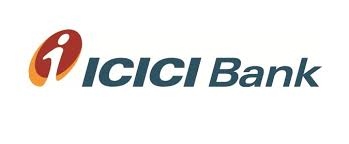
A global Indian bank with its headquarters in Mumbai and its registered office in Vadodara, Gujarat, is known as ICICI Bank. It provides various banking products and financial services in investment banking, life and non-life insurance, venture capital, and asset management.
As of February 2020, ICICI Bank has a presence in 17 countries, including India, with 5,275 branches and 15,589 ATMs. With a current price of Rs. 745.25, the market capitalization of ICICI bank is Rs. 523,377.82 crores.
9. Bajaj Finance
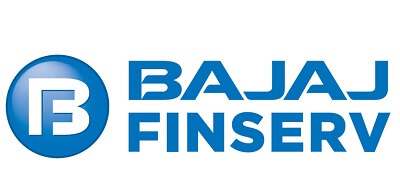
Indian non-banking financial enterprise Bajaj Finance Limited is a division of Bajaj Finserv (NBFC). The company’s areas of expertise are consumer financing, SME (small and medium-sized firms), commercial loans, and wealth management.
The organization, which has its headquarters in Pune, Maharashtra, has 294 consumer branches, 497 rural sites, and more than 33,000 distribution terminals. Bajaj Finance has a market capitalization of 363,863.11 crore rupees and a current price of Rs. 6,025.00.
10. State Bank of India (SBI)

State Bank of India (SBI) is a public sector banking and financial services statutory entity with headquarters in Mumbai, Maharashtra, and is an international organization. SBI has a 25% market share of all loans and deposits and a 23% market share based on assets.
As of 2021, SBI has 62,617 ATMs and more than 22,000 branches. The State Bank of India now ranks among the top 10 Indian firms with a market capitalization of Rs. 417,850,29 crores and a most recent share price of Rs. 468,15.
Conclusion
The top 10 Indian businesses with the largest market capitalization have been addressed. These businesses are all well-known, reputable, and have built strong brands in the marketplace. Due to the shallow risk involved, they enable investors to generate safe returns.
We advise completing in-depth research on the success of each of these businesses before investing in them, as well as determining your financial objectives and risk tolerance.

